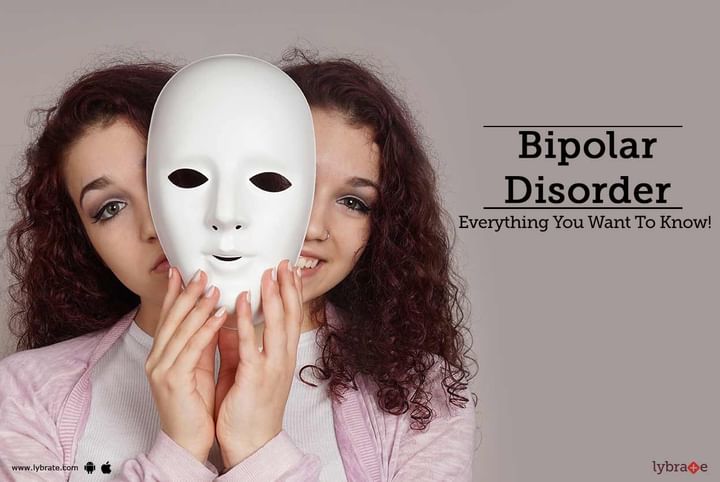Bipolar Disorder - Everything You Want To Know!
Also known as manic-depressive illness, bipolar disorder is not a rare diagnosis. Bipolar disorder is a mental condition that is characterized by extreme shifts in mood with constant variation in energy and activity levels. With these abnormal fluctuations and shifts, the person suffering from bipolar disorder finds it difficult to finish their everyday chores and lead a normal everyday life. Fortunately, with the right treatment and proper care, patients can recover fully.
Causes of Bipolar Disorder
- Genetics – A person with a blood relative who has bipolar disorder, has a higher risk of developing it
- Brain Chemical Imbalance – Neurotransmitters that carry signals to and from the brain to other parts of the body does not function correctly
- Hormonal Imbalance – Certain hormonal problems can trigger the disorder
- Environmental Factors – Mental stress, abuse, traumatic events and other factors can elevate the risk
Symptoms of Bipolar Disorder
1. Signs of Manic Episodes
- Feeling too happy for a prolonged time
- Talking very fast with racy thoughts
- Extremely restless and hasty
- Being too overconfident in self
- Gets easily distracted
- Lack of sleep
- Engaging in unsafe behavior like gambling with savings, spending too much or having impulsive sex
2. Signs of Depressive Episodes
- Feeling too sad for a prolonged time
- Withdrawal and losing interest in activities
- Low Appetite
- Lack of energy
- Speaking very Slowly
- Facing problems with making decisions, memory, and focus
- Low self-esteem
- Constant thinking of giving up life
Types of Bipolar Disorder
1. Bipolar 1
This is the classic form of manic-depressive disorder with clear and extreme shifts in mood. Patients can have manic or mixed episodes.
2. Bipolar 2
Symptoms are less severe and are called hypomanic episodes that can involve less severe manic episodes with depression episodes as well.
3. Cyclothymia
A milder form of bipolar disorder, the patient experiences bouts of mood disturbances which alternate between feelings of being happy and sad. The patient may feel stable but will have noticeable fluctuations in mood that are usually less severe.
Treatments
The prime aim of the treatment for bipolar disorder is to lessen the frequency of manic and depressive episodes, thereby enabling them to lead a normal life.
- Hospitalization - Patients suffering from bipolar disorder 1 often need hospitalization if there is a big risk that they may harm themselves or others
- Lithium Carbonate – The commonly prescribed drug for this disorder, the patients are to follow the right dosage. Anticonvulsants and antipsychotics are also prescribed along if needed.
- Psychotherapy – Minimize the triggers that occur before the onset of the manic or depressive episodes
- Cognitive Behavioural Therapy – Family oriented therapy to develop interpersonal skills and prevent relapses.
In case you have a concern or query you can always consult an expert & get answers to your questions!



+1.svg)
